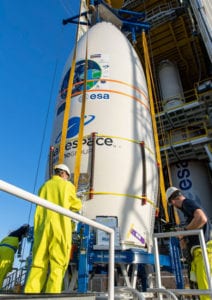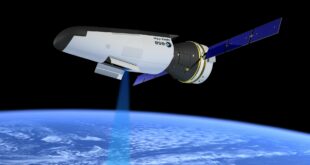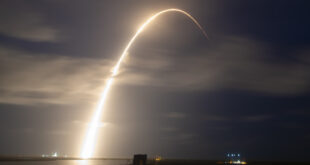
Final preparations are underway for Arianespace’s historic Vega rideshare flight with Europe’s Small Spacecraft Mission Service (SSMS) dispenser system – which has been rescheduled within a launch window from September 1 to September 4 following multiple weather-related postponements.
SSMS provides a new dedicated European rideshare solution with Vega that is modular and capable of accommodating a full range of payload combinations. Vega’s upcoming Proof of Concept mission – designated Flight VV16 in Arianespace’s launcher family numbering system – was conceived in the context of ESA’s LLL (Light satellite, Low-cost, Launch opportunity) initiative.
53 satellite passengers for Vega’s Flight VV16
Hardware development was funded by the European Space Agency (ESA); while the European Union contributed to financing of the flight. The combined European efforts will enhance Arianespace’s response to the rideshare demand with solutions that are perfectly suited to the flourishing small satellite market.
Italy’s Avio is the production prime contractor for Vega, delivering the integrated launcher to Arianespace. Avio also developed the small satellite delivery system and the specific mission preparation process for Flight VV16, performing these tasks under ESA leadership. Design authority for the multi-payload dispenser system is SAB Aerospace s.r.o. (CZ) of the Czech Republic.





